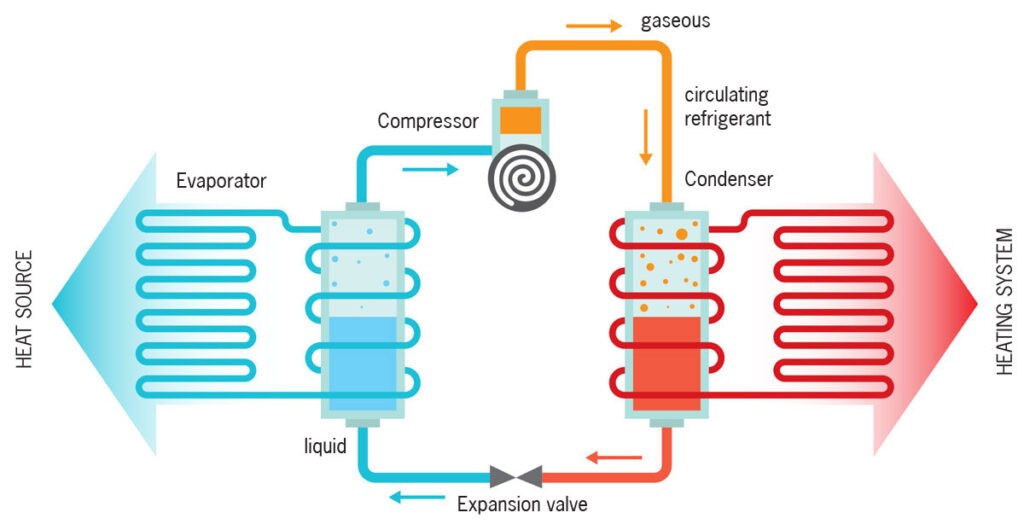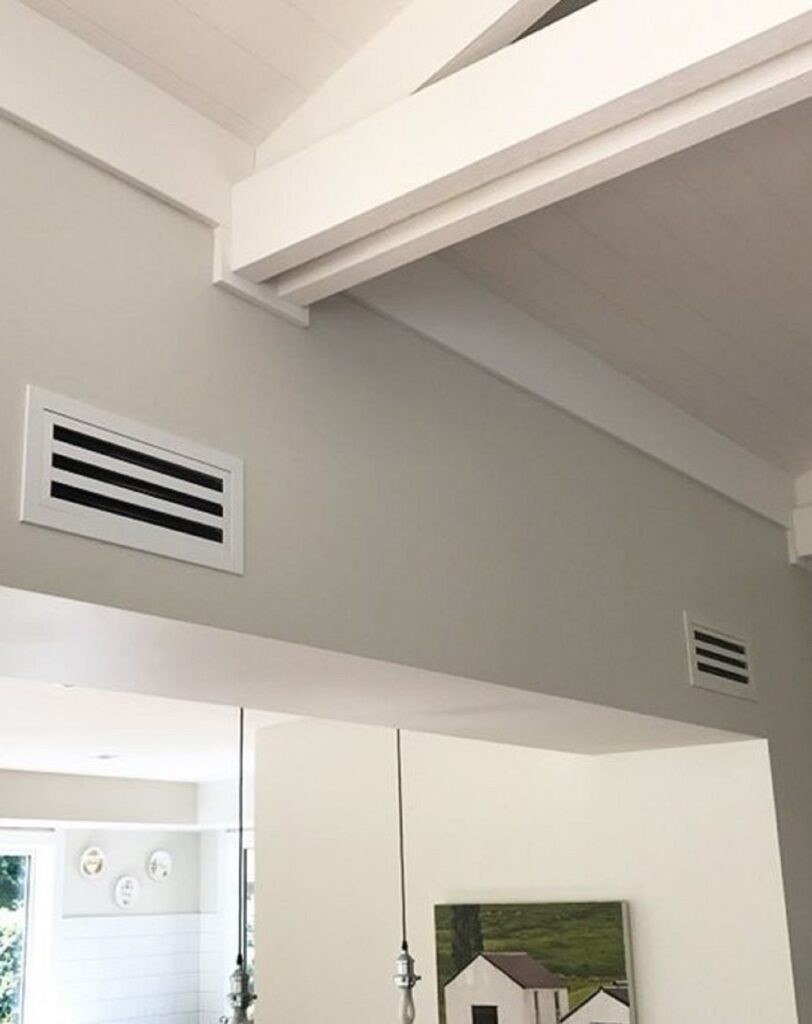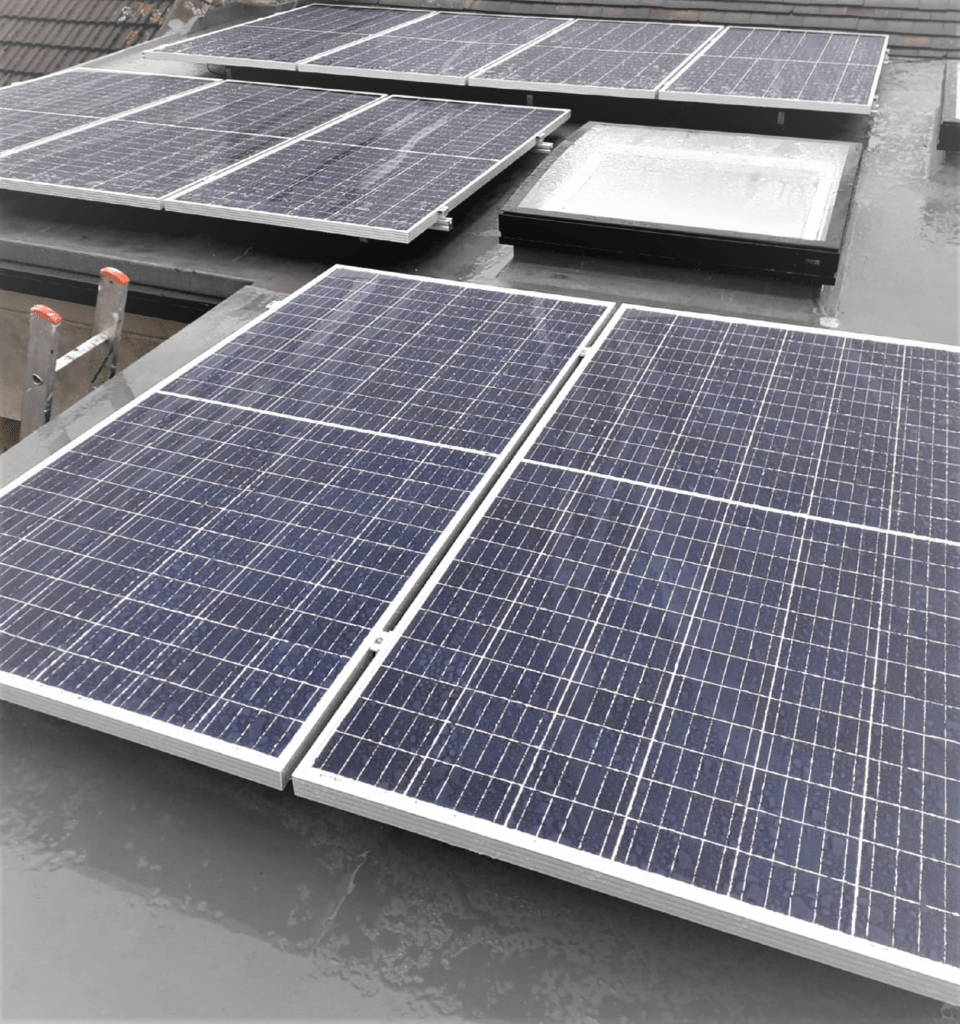What are the alternatives to gas boilers? Whilst gas is an effective fuel for home heating, it releases carbon into the atmosphere when burned. The increasing levels of carbon in the atmosphere is a primary cause of climate change. With such a huge number of properties relying on gas boilers, home heating accounts for around a fifth of all UK carbon emissions. The reality is a lot needs to change. One of these key changes will be renewable heating systems for future home heating.
The Government announced a ten-point initiative on 18 November, 2020. This is to help Britain reach its target of net zero emissions by 2050. One of the key requirements under the “future homes standard” is for all new homes to have low-carbon alternatives. This has resulted in a ban of all gas boilers in new builds from 2023. And this is two years earlier than previously planned. The plan has also signalled the phasing out of gas boilers in existing homes by 2035. So it is vital to consider the alternatives to gas boilers when completing a refurbishment project.
Since the announcement, we have been doing our research to find out some of the best boiler alternatives. We hope that this blog will give you an initial insight into the non-fossil fuel options available.
Heat Pumps
How do heat pumps work?
A heat pump is a device that uses a small amount of electricity to absorb the natural heat from a cold space and release it in a warmer one. It does this by using the same process of heat transfer as a fridge, only in reverse. The bonus of a reversible heat pump is that it can provide heating in the winter, as well as cooling in the summer. See diagram below.

www.Vecteezy.com
How reliable are heat pumps and how much do they cost?
Heat pumps are very efficient. They are capable of producing 3 or 4 times more heat than conventional electric heaters. All the while, using the same amount of electricity. They’re also particularly reliable, and operate all year round. This makes them an excellent option for homes, especially those with solar panels. The initial installation cost is high – around £6,000-£18,000. However, when combined with the RHI payments and energy bill savings, they do make a lot of sense. Especially when compared with gas boilers and other heating systems.

How environmentally friendly are heat pumps?
The power source for heat pumps is both clean and sustainable. The natural heat is continuously replenished by the sun, unlike most other fuels. Even better, heat pumps don’t produce greenhouse gases, because there is no combustion involved.
Hydrogen Boilers
When the Government announced that existing gas boilers need to be phased out by 2035, they did also state that homeowners could replace their gas boiler with a “hydrogen ready” boiler. To start, it would burn natural gas, and then switch to hydrogen, as soon as it became available.
A hydrogen boiler has a very similar build to existing boilers. Therefore, as alternatives to gas boilers, they will be able to fit into a current boiler’s physical space in the home without causing much disruption. The similarity also means that installers already have the skills necessary to fit them.
How is hydrogen produced? Hydrogen is produced through electrolysis or thermochemical conversion.
Electrolysis uses an electric current, which splits water into hydrogen and oxygen. If renewable sources, such as solar or wind, produce electricity, the resulting hydrogen is renewable as well. This has numerous emissions benefits.
Thermochemical conversion forms a synthetic gas that consists predominately of hydrogen. This is produced using reacting natural gas, or biomass, with high-temperature steam.
Advantages of Hydrogen Boilers
- Familiar heating systems
- Kinder to the environment
- No need to replace infrastructure
- Highly efficient fuel
Disadvantages of hydrogen boilers
- Hydrogen production is expensive
- Hydrogen production can emit carbon if not captured
How to make your home heating system more efficient TODAY
If you need to replace your boiler, a modern condensing gas boiler could be for you. It can be powered with the proposed 20% hydrogen supply. Then, as and when a 100% hydrogen supply is ready in the future, your boiler can be modified.
Hydrogen boilers are not yet ready for home installation. However, that doesn’t mean you have to wait to make your home more efficient. This is because modern condensing gas boilers are highly efficient. They can reduce your carbon emissions, and potentially your heating bills, too.

Alternatively, you could turn to a low carbon heating system. Foe example, a heat pump, solar thermal or biomass boiler. These heating systems are all powered by renewable energy sources. So they don’t release carbon into the atmosphere.
Making this system green is a huge challenge. The reality is that all options for us to decarbonise our heating systems will require significant disruption and cost. However, the urgency of climate change means there really isn’t any reason to delay.
If you have any questions, why not give us a call on 0207 495 6561? Alternatively, use our Contact Us page, and one of our friendly team will be happy to discuss any queries. We look forward to working with you!

















